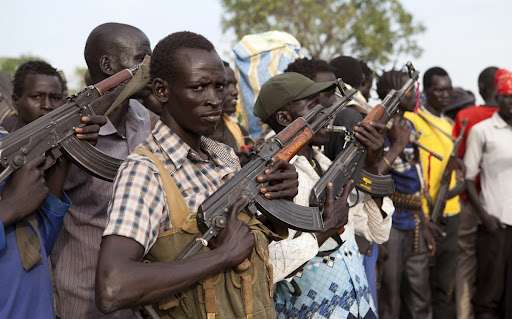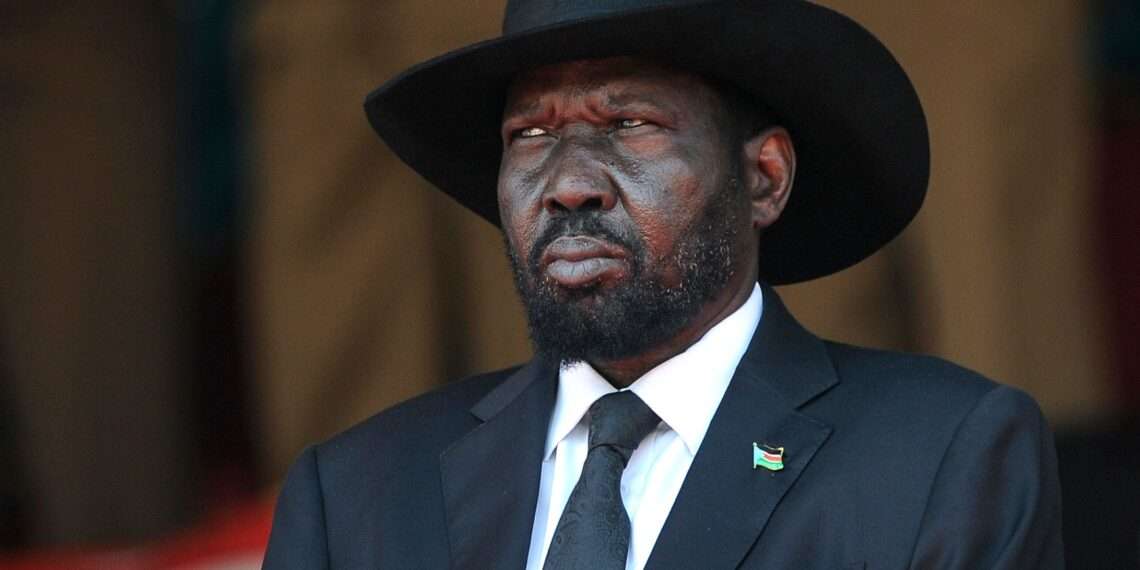A damaged oil pipeline in Sudan has raised concerns about heightened violence and insecurity in South Sudan, experts warn.
The pipeline, crucial for South Sudan’s economy, suffered damage in Sudan’s White Nile state, leading to a suspension in oil loadings by the Dar Petroleum Oil Company.
A recent incident involving a damaged oil pipeline in Sudan ignited fears of worsening violence and insecurity in South Sudan, according to experts.
The pipeline, which serves as a lifeline for South Sudan’s economy by facilitating the majority of its oil revenues, experienced a rupture in Sudan’s White Nile state in early February.
The resultant suspension in oil loadings by the Dar Petroleum Oil Company has compounded the already precarious situation in the region.
The damaged pipeline lies within an area controlled by Sudan’s paramilitary Rapid Support Forces, currently embroiled in conflict with the Sudanese army for power.
Efforts to repair the pipeline have been hindered by ongoing fighting, raising concerns of potential economic collapse in South Sudan.
Alan Boswell, an expert on South Sudan affiliated with the International Crisis Group, underscored the pivotal role of the pipeline in South Sudan’s budget. “The pipeline accounts for two-thirds or three-quarters of oil revenues. Unless [South Sudan] is able to get the pipeline working again, it will be a massive pull on South Sudan’s budget,” Boswell stated.
Oil revenue comprises approximately 90 percent of the country’s income, as reported by the World Bank in 2022. However, issues regarding the equitable distribution of oil proceeds persist.
According to the International Crisis Group, a significant portion of oil production is siphoned off by oil companies, while the remainder is often allocated to Sudan as part of historical settlements or utilized in opaque “special projects” under the supervision of President Salva Kiir’s office.
Such mismanagement has exacerbated poverty and discontent among the populace.
Daniel Akech Thiong, a South Sudanese political economist, emphasized the disparity between the government’s handling of oil revenues and the plight of ordinary citizens.
“If you were to speak with the common person on the street, they would say they’re very happy that the oil is shut down. This is a sentiment that is very powerful on the grassroots level because they were not benefitting from [the oil] to begin with.”
Daniel Akech Thiong
Worsening Standard of Living and Upcoming Elections
Moreover, data from 2023 revealed that approximately 7.7 million people – or two-thirds of the population – were grappling with extreme levels of hunger, underscoring the humanitarian crisis facing the nation.
Despite these challenges, Kiir’s inner circle, primarily composed of elites in Juba, is unlikely to challenge his authority even in the event of disrupted oil revenues, according to Joshua Craze, a researcher and political analyst on South Sudan.
Craze noted, “The oil money goes to a narrow elite in Juba and not military men. If there is disorder, then it would come from this clique.”

While the prospect of a full-blown civil war in the short-term appears remote, experts caution that state collapse remains a distinct possibility in the future.
President Kiir’s steadfast focus on upcoming elections at the end of December 2024 raises doubts about the country’s readiness for a credible electoral process, with the international community urging urgent reforms to avert further instability.
Thiong believes that even a sham election can be expensive.
According to him, “If the government takes a drastic measure – as a form of panic – because it can no longer hold elections because there is no money, then that could trigger disappointment and lead people to pick up guns.”
In the face of these challenges, the specter of increased violence and insecurity looms large over South Sudan. While immediate solutions may be elusive, concerted efforts towards political and economic reform are imperative to steer the nation away from the brink of catastrophe.
READ ALSO: Ministry of Energy Describes NAPO’s Comment Innocuous



















